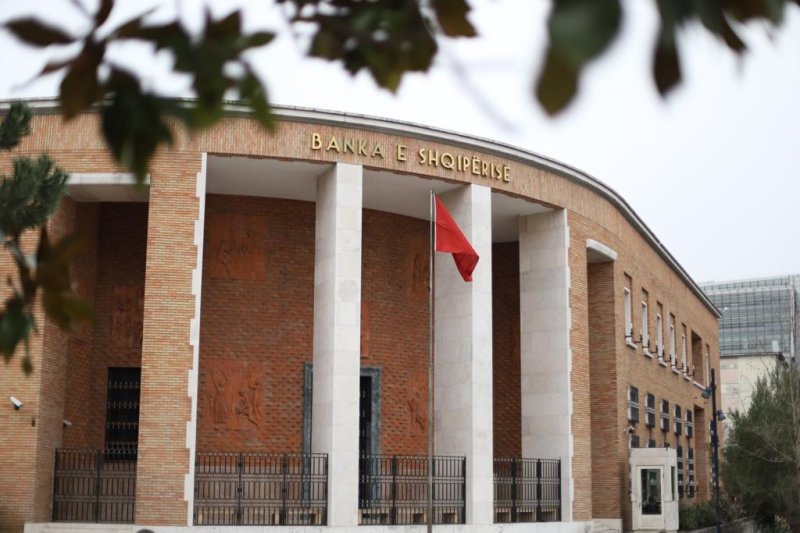Albania's Wealth Lies in Education, Technology
For more than two decades, Albania has been part of the upper middle-income group (countries with per capita income between USD 4,466 and USD 13,845, World Bank classification). To move beyond this threshold, the World Bank's latest World Development Report for 2024 suggests that Albania must increase investment in education and technology, addressing the middle-income trap.
Middle-income countries are racing against time. Since the 1990s, many countries, including Albania, have escaped low-income levels and eradicated extreme poverty. Now, ambitions must rise to achieve high-income status within the next two to three decades.
The World Bank emphasizes that an economy based on innovation and investments in human capital is essential for this achievement. Good examples globally include South Korea, and in Europe, Poland and Estonia.
With an aging population and high public debt, upper-middle-income economies like Albania face significant challenges. People in these countries are increasingly fearful and distrustful of achieving high-income status in the next two decades.
The only way to ensure prosperity is through the economy's approach to technological development and the promotion of talent. The World Bank suggests that governments in most middle-income countries, including Albania, should borrow technology and ideas from abroad for their development.
This process requires enterprise restructuring, greater economic freedom, and social mobility. According to the World Bank, the success of this process heavily depends on the government's discipline in its policies, the executive levels in corporations, and their creativity.
In addition to technology, countries like Albania must invest in human resources and talents, which drive creative forces. Generally, countries like Albania have a talent gap compared to developed nations, making investments in education crucial for progress.
Talented and merit-based leaders are essential to drive reforms towards prosperity, the World Bank report concludes.
But the economic magazine Monitor asks: Is Albania going in this direction? For almost a decade, education has not been a government priority. Low investments, demographic movements, and the quality of teachers have caused Albania to record the steepest decline in the global ranking of educational achievements between 2018-2022 in the international PISA test.
Albania continues to experience high levels of youth emigration. Official INSTAT data showed that last year 24.6% of young people aged 15-29 were neither working nor attending school or training.
Albania invests about 3% of its GDP in education, one of the lowest levels in Europe. The country's economy is not technology-oriented, and scientific research at universities is nearly non-existent. Agriculture and services dominate the economic structure, relying mostly on free labor rather than technology.
Public investments in Albania are not technology-oriented, and private businesses operate in sectors with low labor value.













